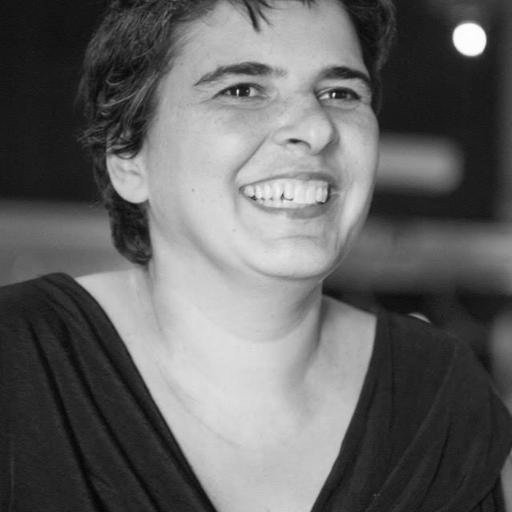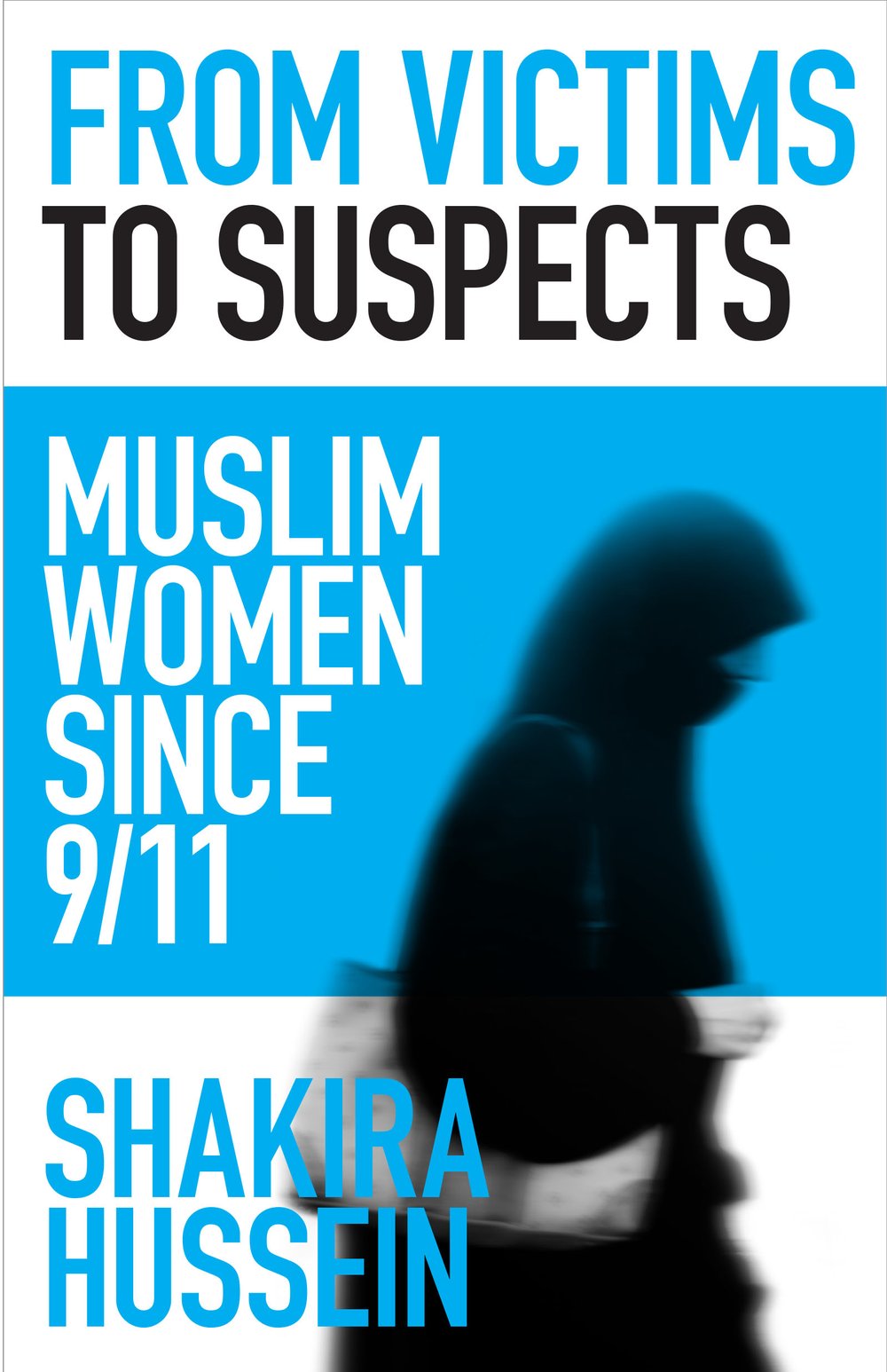From Victims to Suspects: Muslim women since 9/11 maps the shift in how Muslim women have been represented: from victims in need of rescue, to suspects in need of monitoring and control. Yet despite this shift, sometimes it feels as though we’re locked in a neverending Groundhog Day, doomed to repeat the same experiences over and over again with no resolution in sight.
British Prime Minister David Cameron’s reported reference to ‘the traditional submissiveness of Muslim women’ highlights both continuity and change in attitudes towards Muslim women.
On the one hand, Muslim women feel compelled yet again to list the ways in which they are not the helpless victims of their religion and their menfolk. Many have taken to Twitter, using the hashtag #TraditionallySubmissive, to list their many educational and professional achievements.
On the other hand, Cameron has also characterised this ‘traditional submissiveness’ as not only damaging to their own welfare, but also as a threat to the societies in which they live. In Cameron’s view, when Muslim women are submissive, it leaves Muslim men open to radicalisation – because women do not speak up or oppose radical teachings. If Muslim women do not choose to embrace ‘liberation’, they must be disciplined into doing so through measures such as Cameron’s mooted plan to deport migrant spouses who are deemed not to have made sufficient progress in learning English – and Muslim women were singled out for particular in the announcement of this policy.
Muslim women also followed a well-established pattern in responding to Cameron’s ‘traditionally submissive’ line by citing their own success stories. In Australia, too, Muslim women have long pushed back against representations of victimhood by highlighting success stories and role models – women and girls who ‘break stereotypes’ with path-breaking achievements in ‘non-traditional’ roles such as policing and sport. These endeavours have made some headway, with a cohort of Muslim women having built strong public profiles in media and politics that they use to speak out against the continued barrage of anti-Muslim racism. And yet these attacks continue unabated, if anything at a more frightening and vicious level than ever before. Hearts and minds have certainly been reached, but they were perhaps not the hearts and minds that ever held any particularly strong ill intent towards us.
And after all, these ‘successful’ Muslim women are better placed to bring about changes in ‘our’ society than are their homebound, ‘submissive’ counterparts. By refusing to confine their religious identity to their private space, they are contributing to the spread of their religious norms (headscarves, workplace and educational prayer space, even the failure to drink alcohol at workplace functions) throughout the Australian landscape. For Islamophobes, this represents a process of infiltration referred to as ‘creeping sharia’ – and Muslim women are numbered among its most dangerous agents.
Meanwhile, the mission to ‘rescue’ Afghan women from the Taliban, as proclaimed by Laura Bush in November 2001, now seems like an ominous stage in an even more dangerous Groundhog Day. Imperial feminist rescue missions to Afghanistan, Pakistan, Iraq, Syria and elsewhere have served only to undermine the welfare of women and girls in those conflict-ridden societies. Women’s rights have become associated with invasion and occupation, so that those who advocate for gender reform are regarded as fifth columnists intent on providing the enemy with propaganda.
Nobel Peace Prize winner and schoolgirl blogger Malala Yousafzai was accused of this type of collusion, with many Pakistanis (including women) refusing to believe that she had really been shot by the Taliban, despite the Taliban’s clear claim of responsibility. But with some remote areas of Pakistan under de facto occupation via United States drone attacks, Malala’s shooting is widely regarded as a ‘media gimmick’ undertaken in support of the enemy. This is despite the fact that Malala herself told United States President Barak Obama that drone attacks were fuelling the spread of terrorism.
To be anything other than a victim is to invite suspicion.
Shakira Hussein's bookFrom Victims to Suspects: Muslim women since 9/11 was published by in February 2016 by NewSouth Publishing. Shakira writes regularly on issues of multiculturalism and Muslim studies for Crikey.



